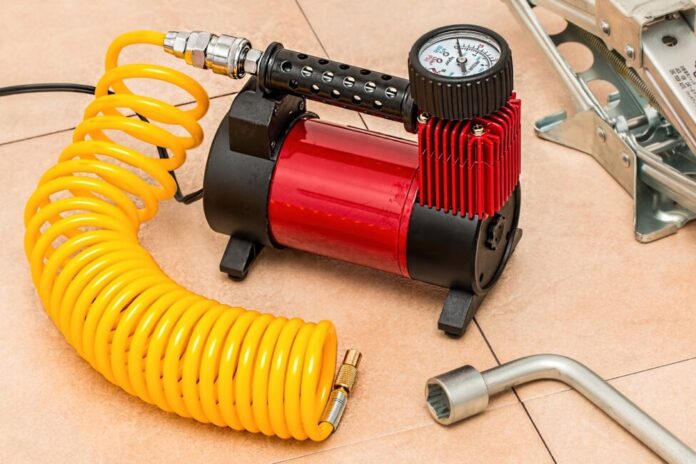Air leaks can cause many problems for businesses and one such issue is the knock-on effect it can have on the production and manufacturing processes. For example, in the case of oil-free air compressors, they can be used across a variety of industries such as medical and pharmaceutical, automotive, and chemical production.
However, any leaks even of a simple 3mm hole will have such a detrimental effect on the production process. As mentioned on directair.co.uk/news/lockdown-your-leaks/, just one simple hole can potentially cost businesses up to £600 a year!
Air leaks can significantly cause damage to employees’ health if they are not identified rapidly since it could lead to some employees being vulnerable to lung illnesses. If action is not taken now to take care of amending air leaks, especially during the COVID-19 pandemic, then this will only amount to more problems arising for organisations.
Detection and Prevention of Air Leaks
One of the most important aspects of your system is to detect and prevent air leaks. This means that you need a reliable leak detection solution in place before any significant issue arises, as it will be much more difficult (and costly) if you try to put out fires once they’ve already started—especially during a lockdown!
Detecting Air Leaks
1. Listen
Listen to your equipment, run the air compressor without using any tools or equipment. This is best completed outside of working hours so that background noise isn’t a problem. Keep track of joints, flanges, and valves as well, while also concentrating on taking great care of listening for a particular type of rasping or hissing sound.
2. Look
This straightforward procedure allows you to detect leaks with little effort. Make a foam with water and wash up liquid or soap in a bowl, then work the mixture into a lather. Apply this paste to all pipes, not forgetting joints, flanges, and valves, using a sponge, cloth, or paintbrush.
The bubbles in the solution will indicate any air leaks, making it simple to detect!
3. Detect
Ultrasonic leak detectors are available for purchase or hire, and they are far more accessible and more efficient than visual methods.
They may be used on-site by staff or a specialist may be engaged for the job. One of the most acceptable reasons to employ this technique is that these detectors can be utilized during busy working hours and cover every area of your equipment.
How to Prevent Air Leakages
Regularly inspect equipment for wear and tear and train operating personnel in leak detection techniques.
1. Replace Components
Replace any worn-out elements as soon as possible because worn components, on the other hand, may cause air loss. If you are using a mechanical air compressor, investing in quality KB Delta compressor valve parts provides long-term benefits and saves money on repairs or replacements. For oil-free air compressors, it is critical to keep seals in good condition and replace them when necessary.
2. Pipes, Hoses, and Tubes
Do not attempt to repair pipes, hoses, and tubes with apparent leaks; rather, they must be entirely replaced.
3. Check The Rubber
Rubber components, such as O-rings, valve deals, and other rubber parts, can wear down with time and result in leaks. They aren’t always apparent, so don’t hesitate to inspect them and replace them as soon as they start to show signs of wear.
4. Tighten Connections
It’s a simple fix; a loose connection might be leaking air. Check the connections regularly and tighten them if necessary.
Benefits of AddressiAir Leakages ng Air Leaks
– You can save money on your energy bills
– Your system will run more efficiently, resulting in minor wear and tear
– You’ll help the environment by reducing your carbon footprint
– You’ll reduce the amount of noise your system makes
– You’ll avoid potential fires caused by leaks and faulty equipment.
Conclusion
Business leaders have to prioritise taking care of the air during the lockdown. There are numerous ways to detect leaks, but people must use different techniques, so they’re not missing an area!
Listen carefully for hissing or rasping sounds and look around with a soap solution mixture. Lastly, purchase or hire an ultrasonic leak detector to ensure detection of all leaks.






















